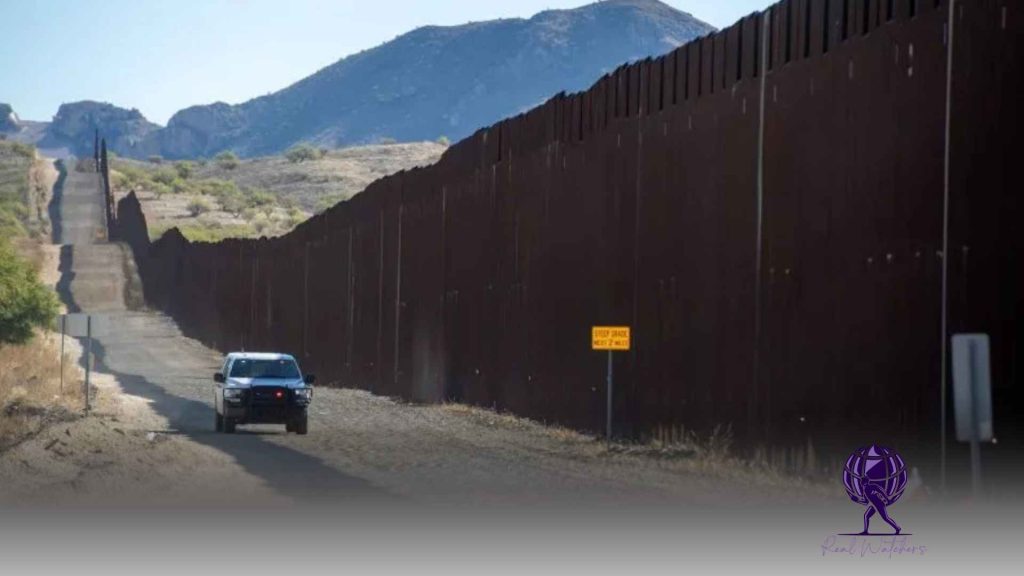Officials from the U.S. Department of Homeland Security announced on Monday that the Biden administration plans to extend an asylum ban at the U.S.-Mexico border, indicating a commitment to intensify efforts to reduce illegal crossings.
Effective just after midnight, the new policy will maintain asylum restrictions until the daily average of arrests for illegal crossings falls below 1,500 over a span of 28 days, an extension from the previous seven-day requirement, according to one official during a call with reporters.
In June, President Joe Biden, representing the Democratic Party, implemented an asylum ban aimed at reducing the unprecedented influx of migrants apprehended while crossing the border illegally. As the Nov. 5 election approaches, immigration has emerged as a pivotal issue for voters. The contest features Vice President Kamala Harris facing off against Republican Donald Trump, known for his stringent stance on immigration.
Harris has expressed support for tightening the restrictions further, as reported by Reuters last week; however, the Biden administration has chosen not to implement her suggestion.
In September, U.S. border authorities have detained approximately 54,000 migrants, a significant decrease from the peak of 250,000 recorded in December, according to a Department of Homeland Security official.
During the course of 28 days, a daily average of 1,500 migrants would amount to a total of 42,000 individuals.
Recent modifications to the asylum ban stipulate that the count that determines the potential lifting of the restrictions will include all unaccompanied minors arrested while crossing illegally. Previously, the count only included children from Mexico and Canada.
A Department of Homeland Security official, who requested to remain anonymous, stated that the stricter approach “ensures that the drop in encounters is a sustained decrease” rather than a reflection of short-term trends.
Immigration rights organizations spearheaded by the American Civil Liberties Union have filed a lawsuit challenging the asylum ban. They argue that the ban violates US asylum law and resembles a Trump-era ban that the courts previously halted.








